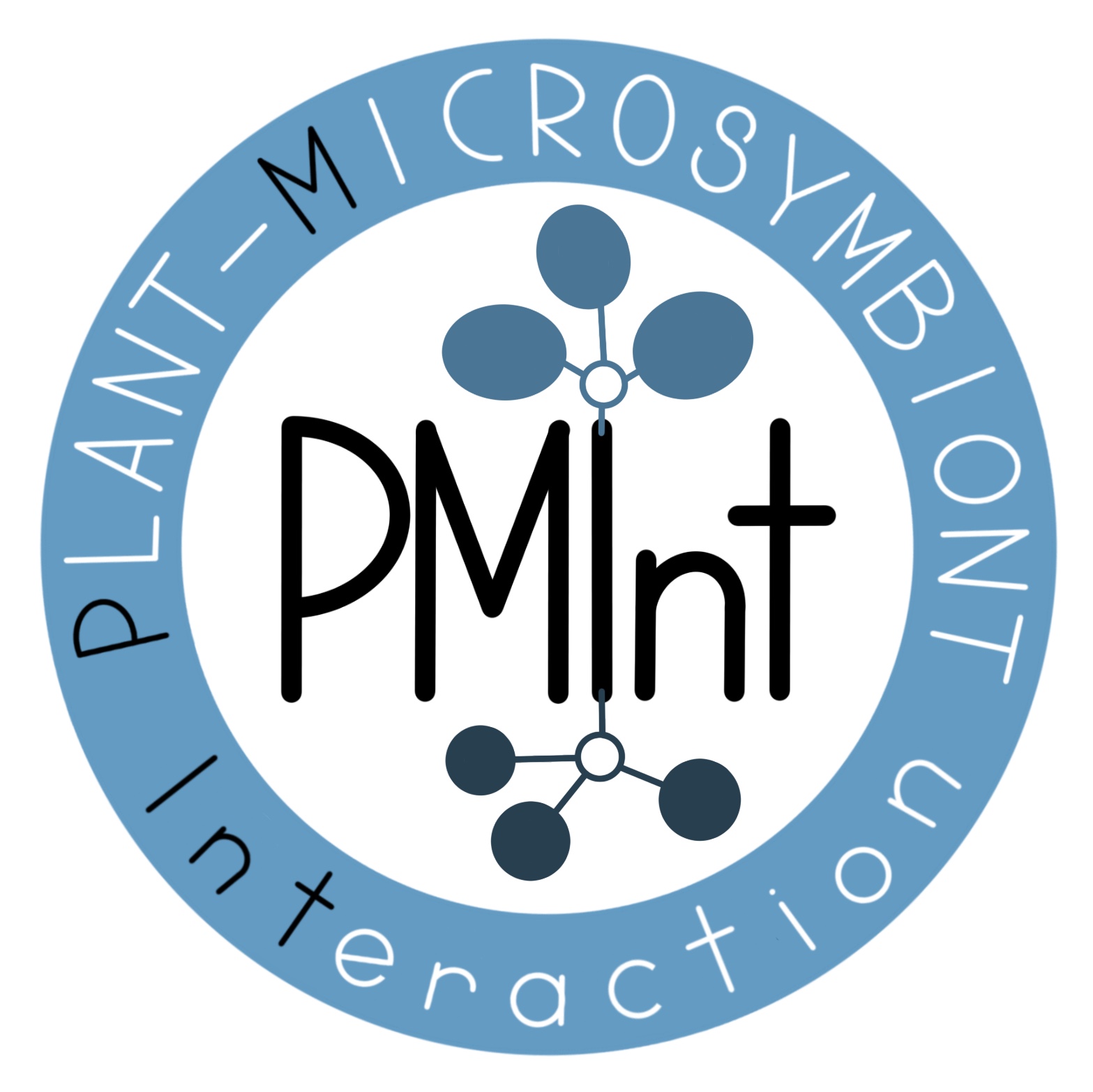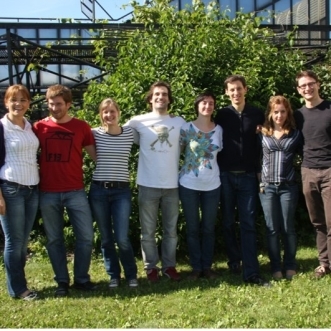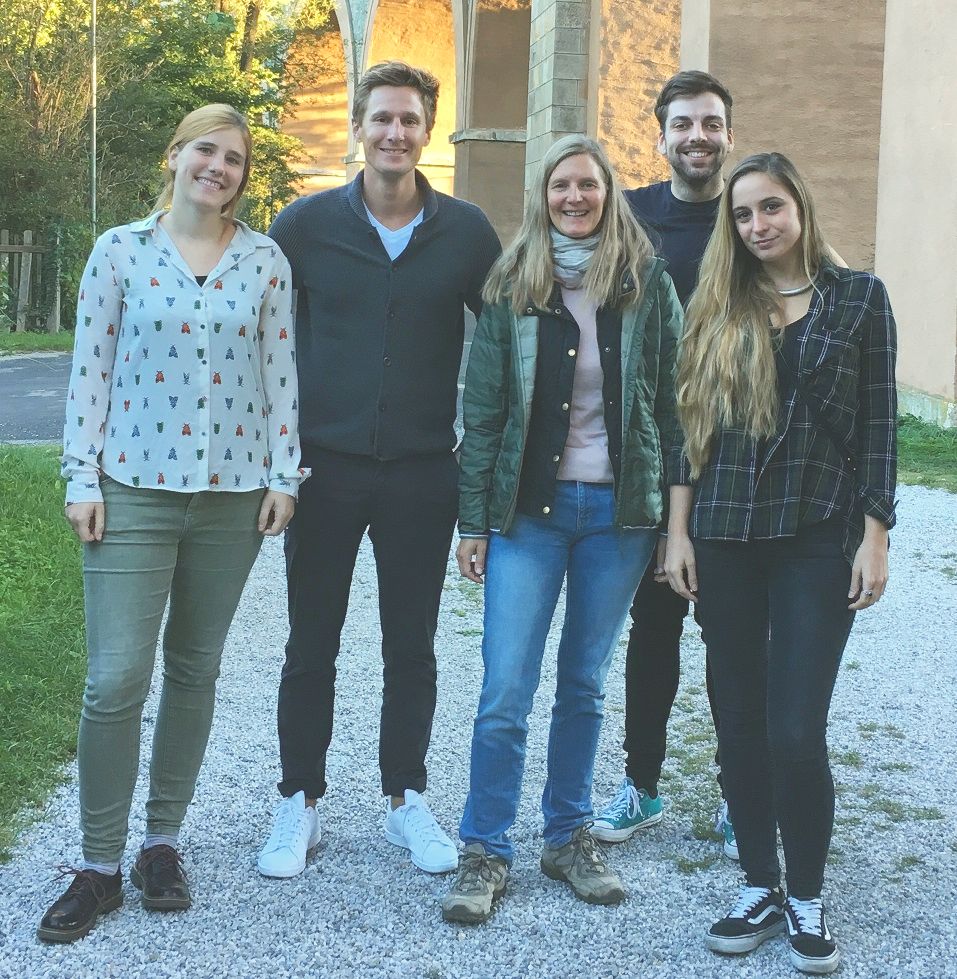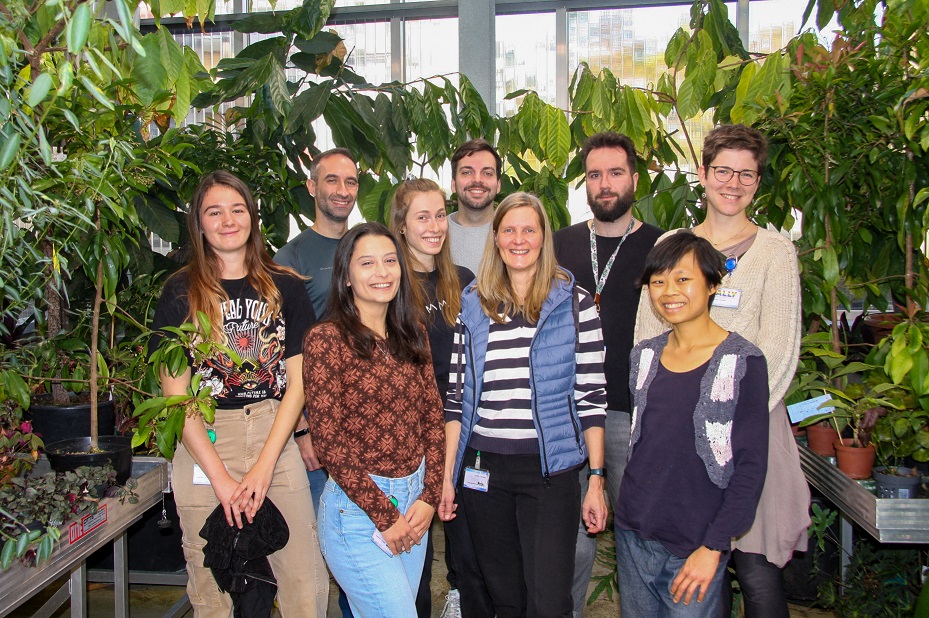
Research Interests & Achievements
 2012
2012
 2018
2018
 2022
2022
Wienkoop and her team studies the effects of
symbiotic plant-microbe interactions on the
regulation and adaptation of the plant`s immune system in response
to changing environmental perturbations such as drought or pathogen attack.
The team also unravels proteins and fuctions of the symbiosome
membrane, the metabolic interface between plant and bacteroids.
Legumes like Pea, Soy and their wild type models Medicago truncatula and Lotus japonicus, are able to establish symbiotic interactions with soil microbes.
Rhizobia symbiosis leads to the formation of root nodules, the organ where the mutualistic metabolic exchange between plant and bacteroids is taking place.
The team found that the interaction with these rhizobia leads to decelerated leaf senescence during drought along accelerated recovery upon re-watering.
To tackle the molecular mechanism(s), responsible for this “symbiont induced stay green effect” (SISG) is one major focus of Wienkoop`s research group.
Her team also investigates the microbial impact on the plant`s immune response to pathogen attack. Symbiosis can enhance phytoalexin production for increased
protection of the plants against biotic stress.
Integration and development of several –omics techniques, including mass spectrometry based metabolomics and proteomics, allows Wienkoop to gain large insights and resolve the
complexity of those metabolic adjustment processes.
Video - Wienkoop Lab
in German with English subtitle (2021), video @ Georgi Dermendjiev)Early Awards & Honors
* 2012 Habilitation at University of Vienna
* 2007 - 2008 Post-Doctoral fellowship of the BMBF: Initiative for Systems Biology (FORSYS)
* 2004 - 2006 Post-Doctoral fellowship of the BMBF: Nutrigenomics: Allergenicity in crop plants.
* 2001 - 2002 Post-Doctoral fellowship of the Marie Curie Research Training Network LOTUS: HPRN-CT-2000-00086
* 1996 - 1998 Doctoral fellowship of the SFB 199 of the Deutsche Forschungsgemeinschaft

